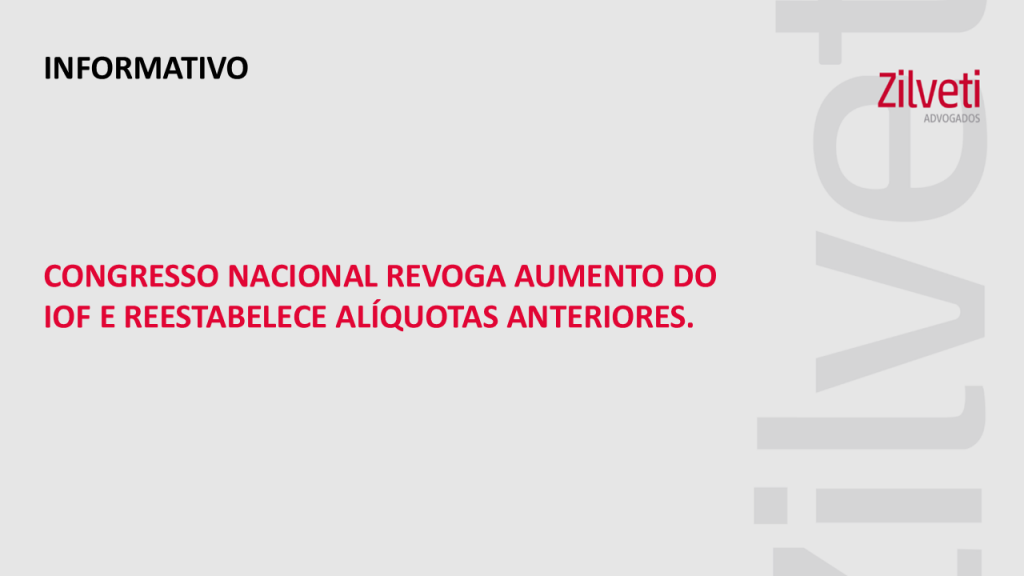To grow nowadays, a corporation must face the expansion of its business into many different countries as a multinational. As businesses around the world for multinational companies are more recurrent every year, several implications arise at every new country the multinational starts its business.
Multinational companies often elect one jurisdiction to be responsible for the management of the group or to provide a specific service to other entities of the group in order to benefit from gains of scale and several advantages deriving from transactions made with third parties on behalf of the whole group.
Besides the provision of services by multinational companies within the group, in a globalized world many companies are also doing so in foreign countries, and this expansion end up creating many tax implications in each of those countries.
Therefore, worldwide agreements regarding tax policies are crucial for businesses to flow among countries. Double taxation treaties are intended to eliminate double taxation in order to encourage foreign investments and transactions. The benefit of such treaties is to grant either exemptions/deductions, or taxations at reduced rates on certain incomes such as interests, royalties, dividends, capital gains and others.
Even though such treaties are previously discussed bilateral agreements, it can be overridden by a new law, a judicial rule or even an hermeneutic act by the agreeing parties.
Double Taxation Treaties and the payment of services
Brazil has signed its first bilateral agreement to avoid double taxation in 1967 and currently holds treaties with more than 30 countries. Most of the treaties signed by Brazil provide special treatment to withholding income tax (WHT) levied on payments of services abroad.
In general, the remittances related to the payment of services (with no transfer of technology) should be comprised in the scope of the treaty’s article 7, as being a “Business Profit” of the legal entity abroad. It means that the amount remitted abroad to pay for the provision of services would be taxable only once and abroad (in the the service provider’s jurisdiction).
However, there are discussions whether this payment would fall under article 7 (business profit), article 12 (royalties) or article 14 (independent professional services) in Brazil, as:
• Under article 12: WHT would be triggered since the remittance will be characterized as a payment of royalties.
• Under article 7: No WHT would be triggered since the remittance would be a business profit of a company abroad.
• Under article 14: WHT would be triggered since the remittance will be characterized as a payment of independent professional services.
The Brazilian Federal Revenue (BFR) issued an Interpretative Act in 2014 (ADI 5/2014) stating the treatment applicable to income that is paid, credited, delivered or remitted by Brazilian entities to non-resident individuals or legal entities in consideration for technical services and/or technical assistance when the
service is provided by a jurisdiction with a signed treaty.
Instead of clarifying the application of tax treaties, BFR concluded that the withholding income tax will be due in Brazil, if the treaty comprises payments related to technical services or technical assistance in its protocol as royalties under Article 12, or as payments to independent service professionals under Article 14, regardless whether the technical services or technical assistance includes the transfer of technology or know-how.
According to the ADI, only if neither article 12 nor article 14 applies, the payments would be qualified as business profits under Article 7 and it would be not subject to withholding tax.
However, this interpretation differs from the domestic doctrine and from the commentaries of OECD, since the services comprised in the treaty’s protocol are related only with services involving the transfer of technology or know-how.
According to OECD’s commentaries, only services involving transfers of technology or transfers of know-how are comprised by the protocol of the treaty’s article 12. OECD provides that the payments made under contracts for the provision of services (with no transfer of technology or know-how) must fall under article 7; in this case, “the supplier undertakes to perform services which may require the use, by that supplier, of special knowledge, skill and expertise, but not transfer of such special knowledge, skill or expertise to the other party”.
In 2014, BFR issued a Normative Instruction providing a concept of technical services as being “the services which execution either rely on specialized technical knowledge, involve administrative assistance or consulting services performed by independent professionals or companies, or rely on automated means with clear technological content” ( Normative Instruction 1.455/2014).
Taking into account that this interpretation of services, technical services with no transfer of technology or know-how are not related to the technical services or technical assistance of some treaties’ protocols, thus it should be treated as a business profit of a Company abroad, falling under article 7 of the treaties, and consequently, no WHT would be levied on the respective remittances
Written by: Luís Eduardo Queiroz
Via Recht & Steuern Newsletter – Câmara de Comércio e Indústria Brasil-Alemanha

